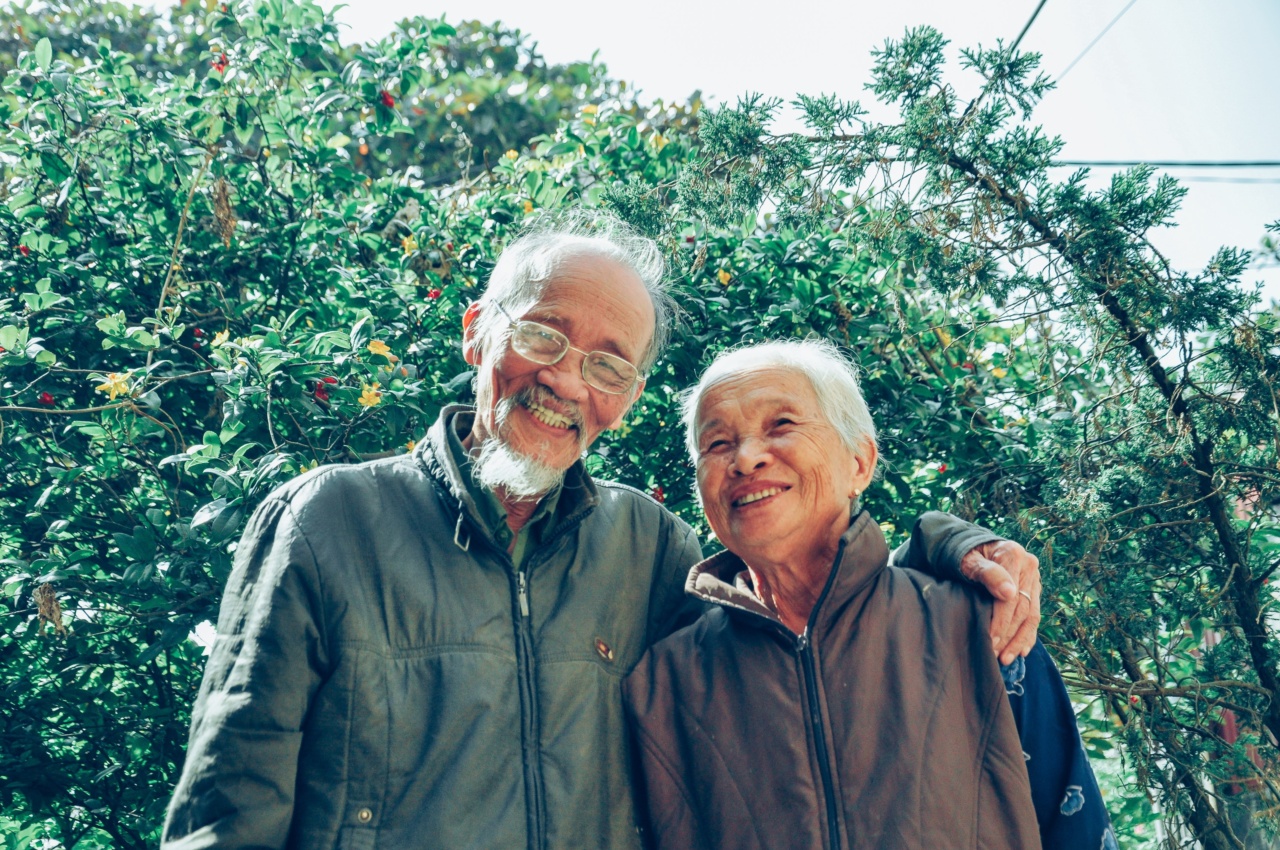Aging is a natural process that happens to everyone, but some individuals may appear older than their actual age. Various factors contribute to this phenomenon, including genetics, lifestyle habits, and environmental influences.
In this article, we will focus on the lifestyle habits that can make you appear older than your age. It’s important to note that while these factors can contribute to premature aging, they can be modified or controlled to some extent.
1. Sun Exposure and UV Damage
One of the primary factors that accelerate aging is excessive sun exposure. Sunlight contains harmful ultraviolet (UV) rays that can penetrate the skin and cause damage to the underlying collagen and elastin fibers.
This leads to the formation of wrinkles, fine lines, age spots, and sagging skin. To protect your skin from premature aging, it’s crucial to use sunscreen regularly, wear protective clothing, and seek shade during peak sun hours.
2. Smoking and Tobacco Usage
Smoking and tobacco usage have detrimental effects on both your health and appearance. Smoking causes the blood vessels to constrict, reducing blood flow to the skin and depriving it of essential nutrients and oxygen.
This results in a dull, dry complexion and promotes the formation of wrinkles. Additionally, smoking releases harmful chemicals that break down collagen and elastin, accelerating the aging process. Quitting smoking and avoiding tobacco use can significantly improve your appearance and overall health.
3. Poor Diet and Inadequate Nutrition
Your diet plays a crucial role in your overall health and can greatly impact your appearance as well. A poor diet lacking essential nutrients, vitamins, and minerals can accelerate the aging process.
A diet high in sugar, processed foods, and saturated fats can lead to inflammation, oxidative stress, and collagen breakdown. On the other hand, a balanced diet rich in fruits, vegetables, lean proteins, and healthy fats can provide vital nutrients that promote healthy skin and delay the signs of aging.
4. Lack of Exercise and Sedentary Lifestyle
Leading a sedentary lifestyle and neglecting exercise can contribute to premature aging. Regular physical activity improves blood circulation, which allows nutrients and oxygen to reach your skin cells more efficiently.
Exercise also stimulates the production of collagen, which maintains the skin’s elasticity and firmness. In contrast, a lack of exercise can lead to muscle loss, poor posture, and a tired appearance. Incorporating regular exercise into your routine can help you maintain a youthful appearance.
5. Chronic Stress and Insufficient Sleep
Chronic stress and inadequate sleep can take a toll on your physical and mental well-being. Sleep deprivation affects the skin’s ability to repair itself overnight, leading to a dull complexion, dark circles, and puffiness.
Moreover, stress triggers the release of cortisol, a hormone that can break down collagen and impair the skin’s moisture barrier. Finding healthy ways to manage stress, practicing good sleep hygiene, and aiming for quality sleep can improve your appearance and slow down the aging process.
6. Alcohol Consumption
Excessive alcohol consumption can contribute to accelerated aging. Alcohol dehydrates the body, leading to dry skin and a lackluster appearance. It also dilates blood vessels, resulting in a flushed complexion and broken capillaries.
Additionally, alcohol can impair liver function, hindering its ability to eliminate toxins from the body. Moderation is key when it comes to alcohol consumption to prevent premature aging and maintain a youthful appearance.
7. Environmental Factors
Environmental factors, such as pollution and exposure to harsh chemicals, can also contribute to aging. Air pollution contains harmful particles that can penetrate the skin, leading to inflammation and collagen degradation.
Similarly, exposure to harsh chemicals, such as those found in certain cleaning products or occupational settings, can damage the skin and accelerate aging. Minimizing exposure to these environmental factors and using protective measures can help mitigate their negative effects on your appearance.
8. Neglecting Skincare Routine
A proper skincare routine is vital for maintaining a youthful appearance. Neglecting to cleanse, moisturize, and protect your skin can lead to a range of issues, including dryness, acne, and signs of aging.
Regularly cleansing your skin, applying moisturizer, and using sunscreen can help maintain its health and prevent premature aging. Additionally, incorporating anti-aging products, such as retinoids and antioxidants, can further protect and rejuvenate the skin.
9. Hormonal Changes
Hormonal fluctuations that occur during various life stages can contribute to visible signs of aging. Women going through menopause may experience a decrease in estrogen levels, leading to a reduction in collagen production and skin thickness.
This can result in the appearance of fine lines, wrinkles, and sagging skin. Understanding and managing these hormonal changes can help mitigate their impact on your appearance and overall well-being.
10. Genetics
Lastly, genetics play a role in how individuals age. Some people may be genetically predisposed to certain aging factors, such as thinner skin or a slower collagen turnover rate.
While you cannot change your genetics, being aware of your family’s aging patterns can help you adapt your lifestyle habits and skincare routine accordingly to minimize their impact.































